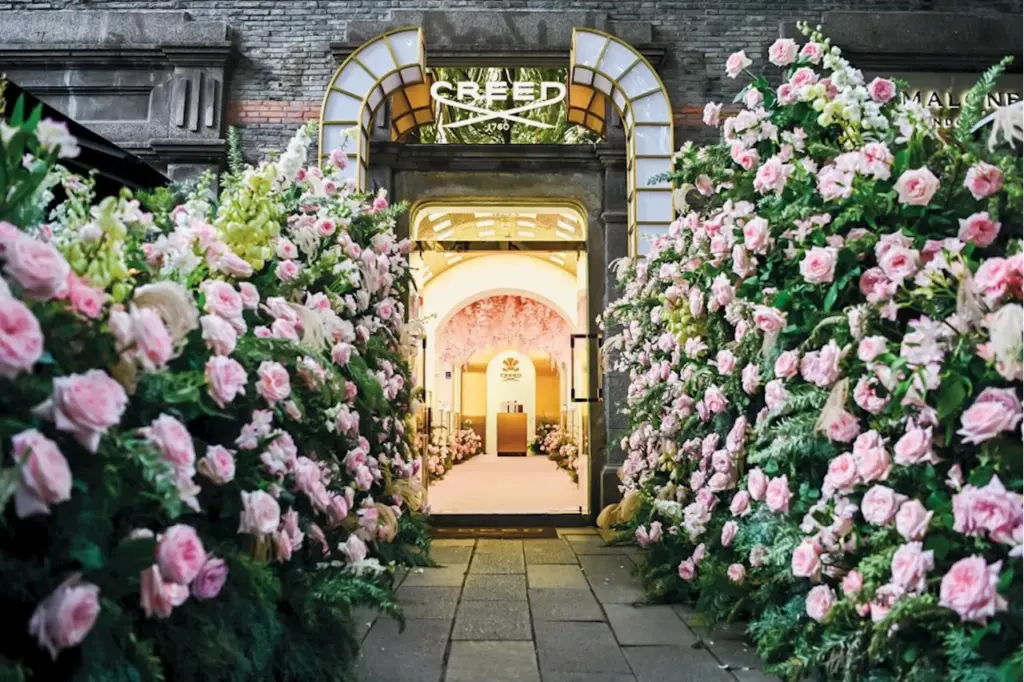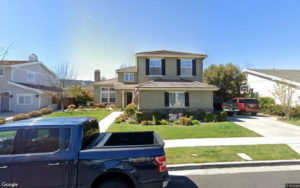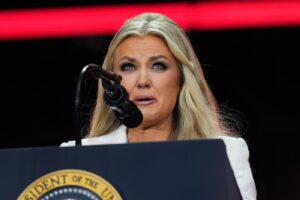
French beauty powerhouse L’Oréal has announced a significant partnership with luxury goods company Kering, securing a long-term strategic agreement for the creation, development, and distribution of fragrance and beauty products. This deal, valued at approximately €4 billion (about $4.66 billion), grants L’Oréal exclusive rights to develop fragrance lines for high-profile brands such as Gucci, Bottega Veneta, and Balenciaga. The Gucci licensing agreement will commence following the expiration of Kering’s current arrangements in 2028, while the licenses for Bottega Veneta and Balenciaga will take effect immediately upon the transaction’s completion, expected in the first half of 2026.
Financial analysts have reacted positively to the news, with Céline Pannuti, head of European staples and beverage research at J.P. Morgan, calling it a “defining deal” for L’Oréal, emphasizing that it solidifies the company’s leading position in the global fragrances market. Pannuti noted that this agreement represents L’Oréal’s largest acquisition to date, and she expressed surprise at the shift in Kering’s strategy, which had previously focused on expanding its in-house beauty operations.
Analysts from Citi and Barclays also weighed in on the implications of this deal. Thomas Chauvet of Citi highlighted the unexpected pivot in Kering’s approach, suggesting it indicates a broader strategy to streamline operations, particularly in the eyewear segment. Chauvet estimated that the transaction could reduce Kering’s earnings before interest and taxes (EBIT) and earnings per share (EPS) by mid to high single-digit percentages for fiscal year 2026.
From a strategic perspective, Carole Madjo of Barclays pointed out that the deal enhances L’Oréal’s presence in the luxury segment. Currently, L’Oréal’s Luxe division accounts for approximately 36 percent of group sales, with profit margins around 22 percent. In contrast, Kering’s beauty assets boast margins nearing 40 percent, nearly double that of L’Oréal’s current luxury offerings.
The acquisition could also influence L’Oréal’s future capital allocation strategies. Questions arise regarding the company’s 10 percent stake in Galderma, as well as potential moves to repurchase Nestlé’s stake if it becomes available, and possible acquisitions related to Giorgio Armani, which currently has a licensing agreement with L’Oréal until 2050.
Pannuti noted that the partnership is likely to reinforce L’Oréal’s position in the niche fragrance market, an area where it has lagged behind competitors. She highlighted the success of YSL Beauty, which L’Oréal has grown from €600 million in sales in 2008 to nearly €3 billion today. Pannuti expressed optimism about the potential for both Creed and Gucci to evolve into billion-euro brands.
Analysts are also considering the impact this development will have on competitors like Coty. Olivier Chen from TD Securities indicated that Coty will face challenges as it prepares to lose the Gucci business in three years. He emphasized the urgency for Coty to innovate and develop proprietary capabilities to maintain its competitiveness and appeal as a licensing partner.
As the fragrance market enters a phase of growth normalization following a robust period of 14 percent annual growth since 2021, the timing of the L’Oréal-Kering deal introduces notable uncertainty. Nevertheless, new brand launches, such as those from Miu Miu and Prada, may provide fresh momentum for L’Oréal’s fragrance portfolio.







